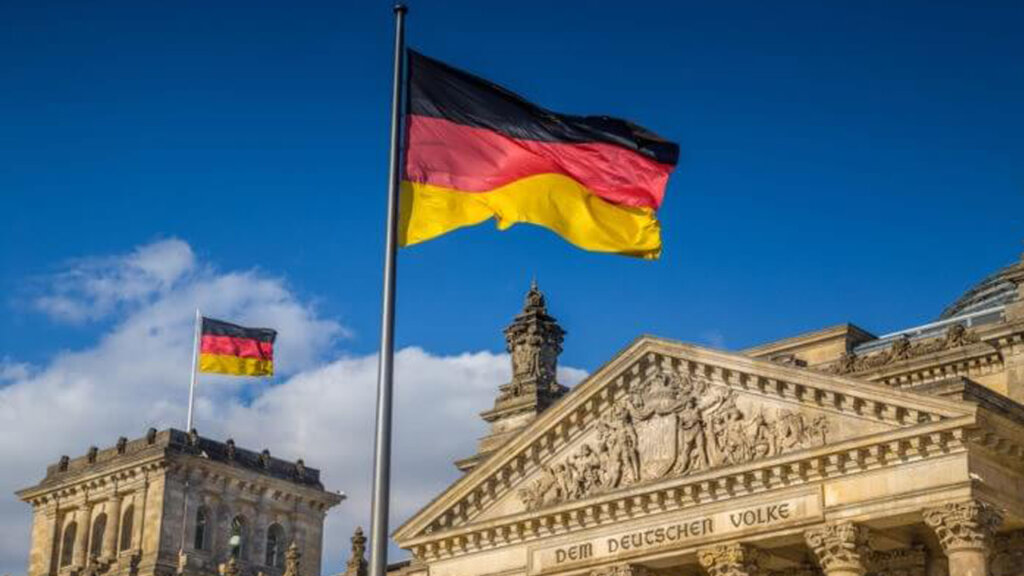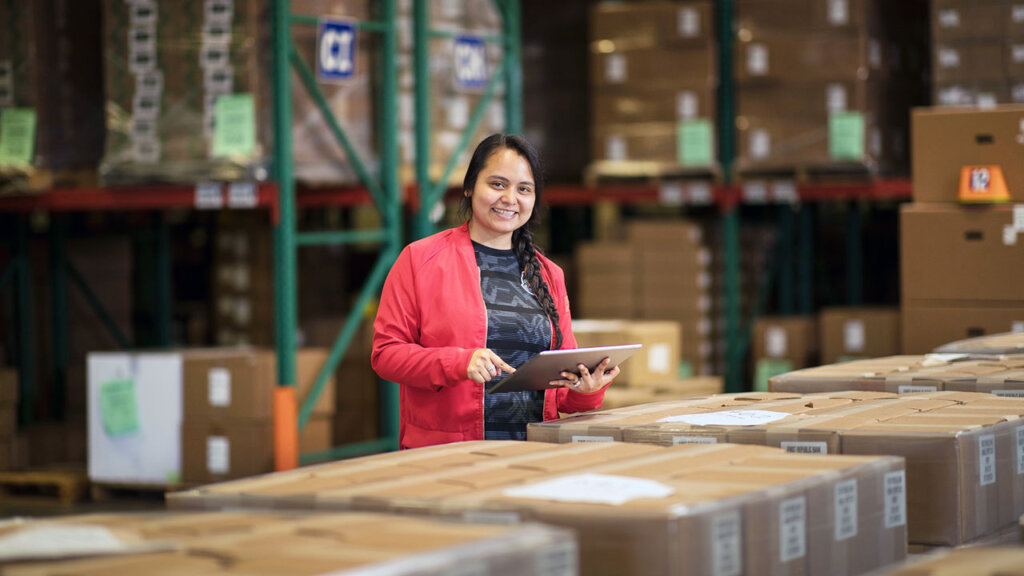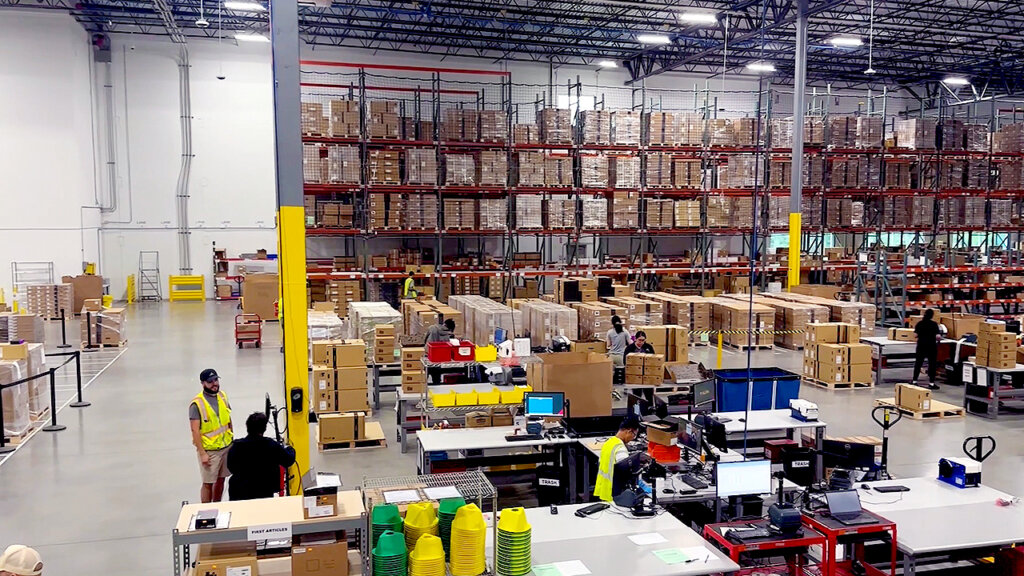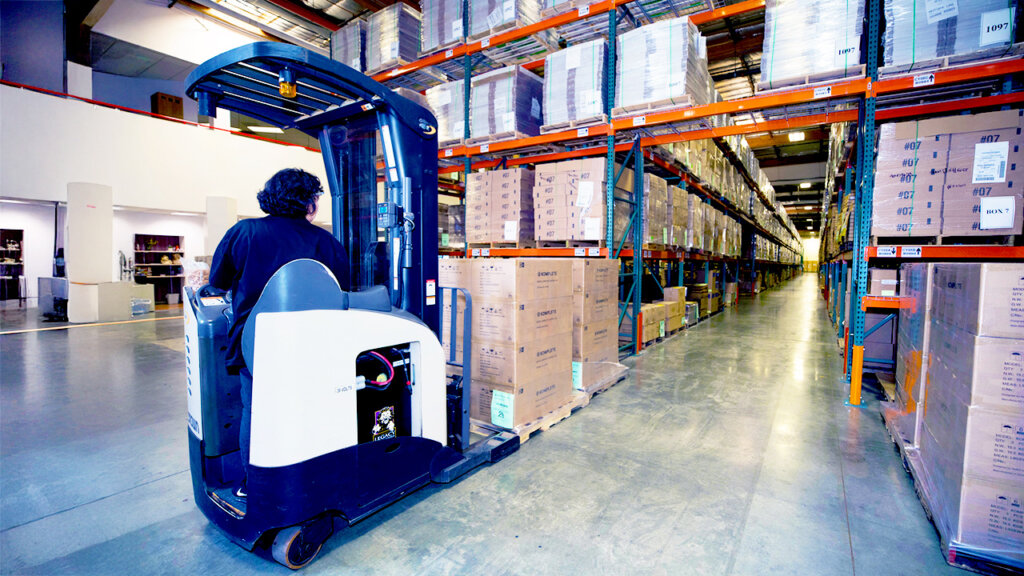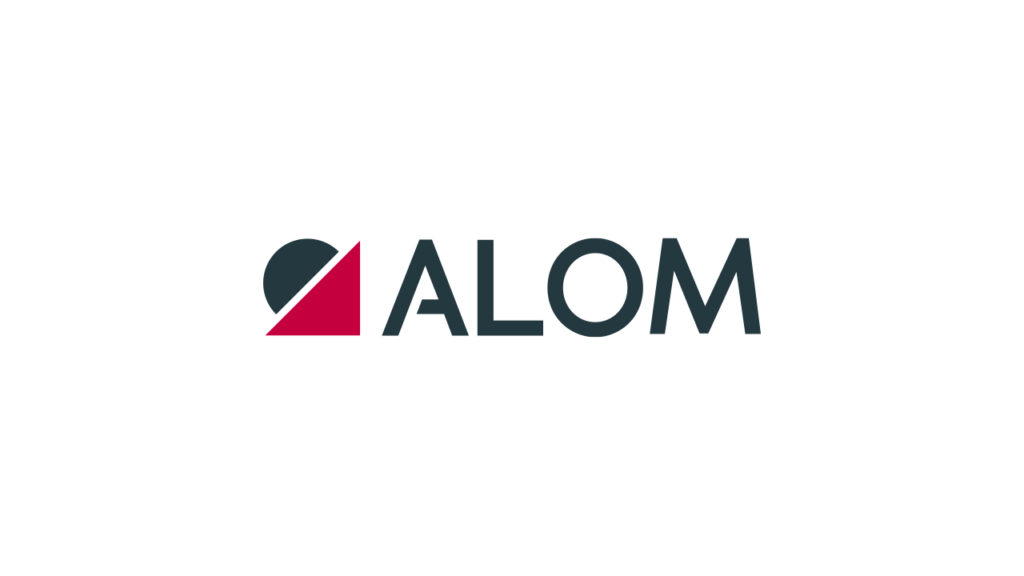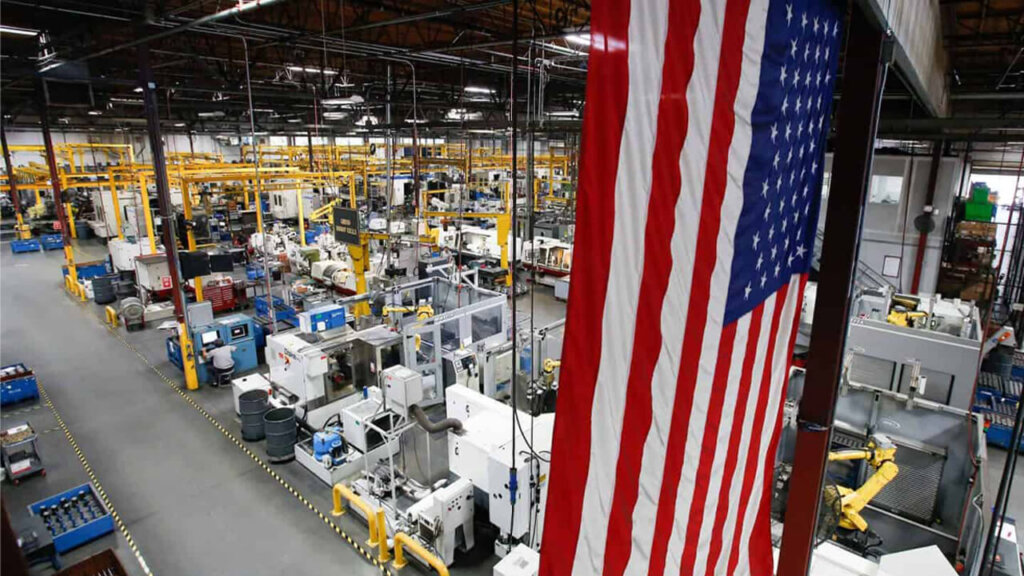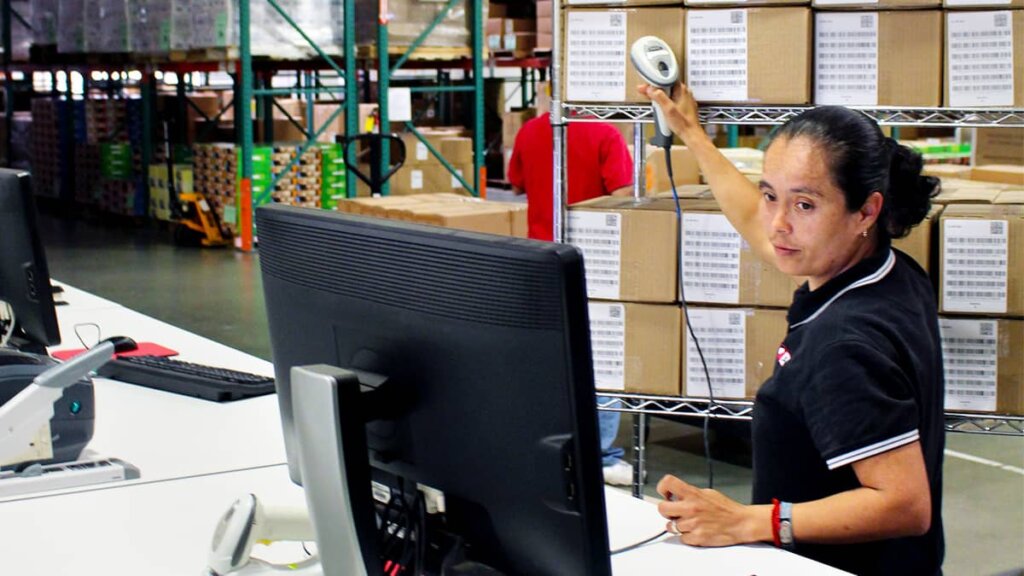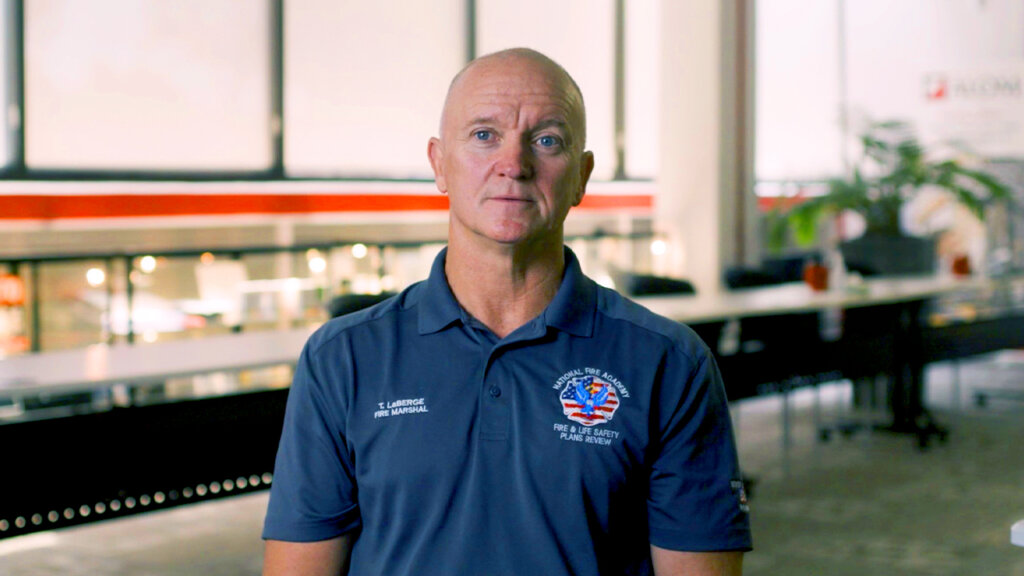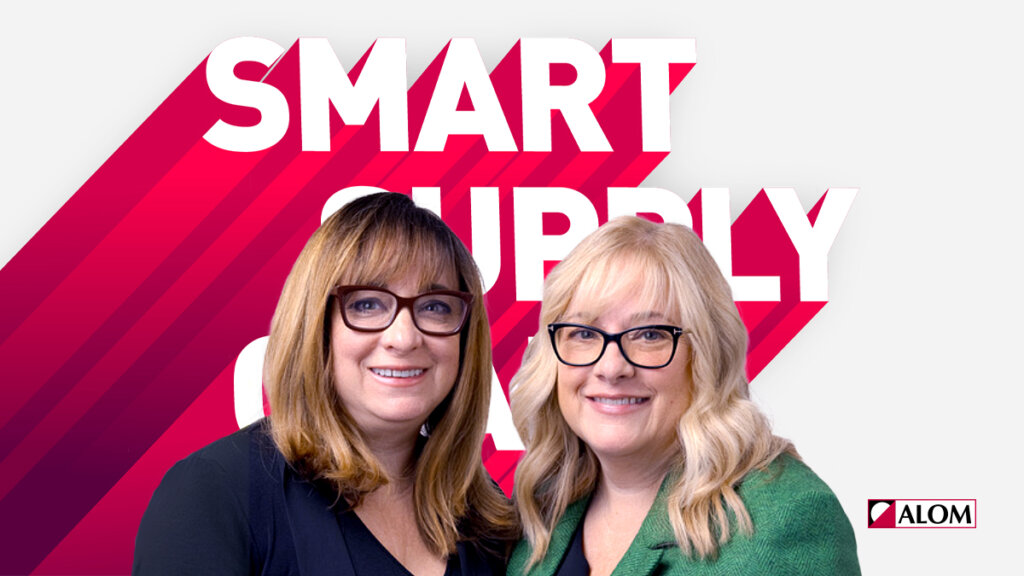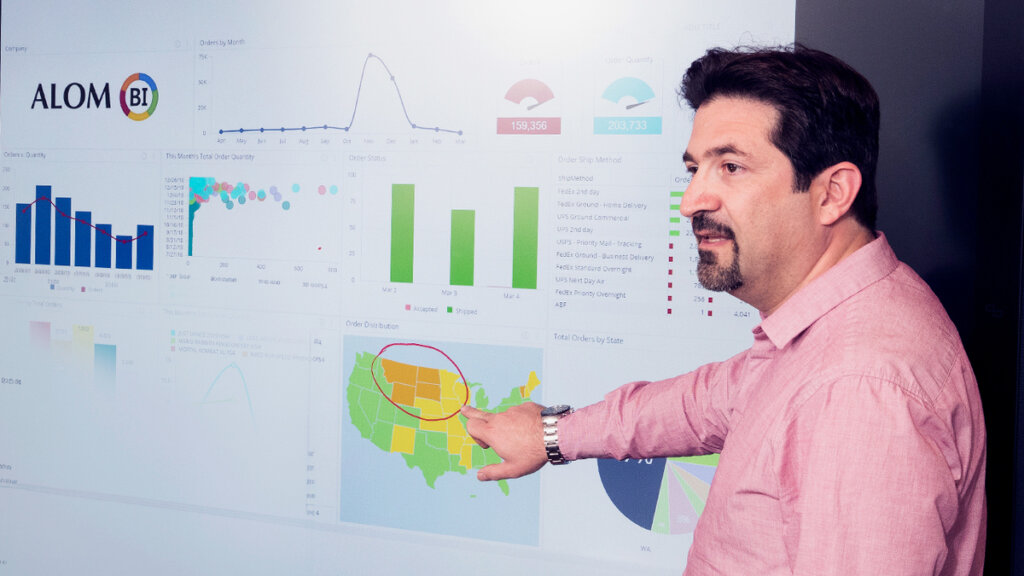Supply chain pros just may be suffering from PTSD after a harrowing year with rapid changes. The pandemic brought huge demand shifts, now followed by supply problems combined with governance problems. Geopolitics brought trade wars, making border crossings tough. Then came the freight crisis followed by the US harbor crisis. Brexit, enough said. No wonder the number one speaking request I receive, is to speak about the last year and how we coped.
But wait: There is more. Mid-February it was announced that the German government has an agreement to pass a new supply chain act into law. The purpose of the law is to avoid human rights abuse, worker exploitation, child labor and excessive environmental impact in the supply chain. As such, it is very much aligned with consumer sentiments around corporate social responsibility.
Before all the supply chain pros not doing business in Germany tune out, let’s agree that regulations in a major nation, such as Germany, impact global supply chains. Just think about California’s Prop 65 laws and the impact on global manufacturers. Such is the nature of global supply chains.
Regrettably, as global collaboration around trade issues broke down due to ongoing trade wars and lack of trust in global trade institutions, individual nations are now issuing regulations which create a plethora of obligations and reporting requirements. When the European Union dragged its feet issuing supply chain regulations that have been in the works for years, Germany simply did its own – entirely understandable given the importance – just like California under Kamala Harris did nine years ago with the California Transparency in Supply Chains Act. Based on preliminary news, the German measures will be much more comprehensive than California’s which simply targeted visibility and did not have the same ripple effect as we should anticipate from the German Act (The final agreement and anticipated German laws are not yet published).
However, the issues at hand for supply chain pros are manyfold and represent challenges even for companies that already are committed to battle human rights violations and support the environment and therefore monitor the issues in detail:
- Establishing technology solutions that allow for traceability of acts in the supply chain and the associated governance that is fully functional in less than two years. A major automaker has about 30,000 to 150,000 tier-1 suppliers. Monitoring these suppliers as well as suppliers further downstream, meaning each supplier’s Tier 2 and Tier 3 suppliers, requires robust technology. Complying with record-keeping and specific reporting may be a significant challenge.
- Supply chain staffing: So few professionals, so much work! The few graduating supply chain students could be absorbed into compliance management all by itself. Companies are left to train and develop their own staff and then build whole new departments in each region – a tall order given the time frame.
- Governance is tough, and it became even tougher during the pandemic with travel restrictions. On-site visits became a thing of the past, leaving suppliers more opportunity to deviate from agreements. “Trust, but verify” is still a great principle for governance.
- While the German act only applies to larger companies, at least from the 2023 onset, a major concern should be for the SME’s in the supply chain. These minority-owned, woman-owned, small and midsized suppliers simply may not have the resources to establish the necessary governance and reporting. Because of the many reporting requirements and the cost of onboarding and maintaining a supplier, corporations are already reluctant to add to their supplier base. Many of these smaller companies may be tier 2 or tier 3 suppliers, yet their reporting requirements just grew, requiring more overhead to be added. It is an ongoing unintended consequence of supply chain regulations that they may contribute to the death of smaller or family operated companies. While my company has invested in supply chain visibility and governance due to our corporate social responsibility commitment, not all companies may be able to do so.
There is so much to like about the purpose of the coming German supply chain legislation. Yet the real question is why we don’t have global alignment around one set of rules for these causes? The global patchwork of rules, being built in front of our eyes and possibly expanded to hundreds of different regulations, neither represents a pretty picture, nor is it one that supply chain professionals can reasonably administer.
